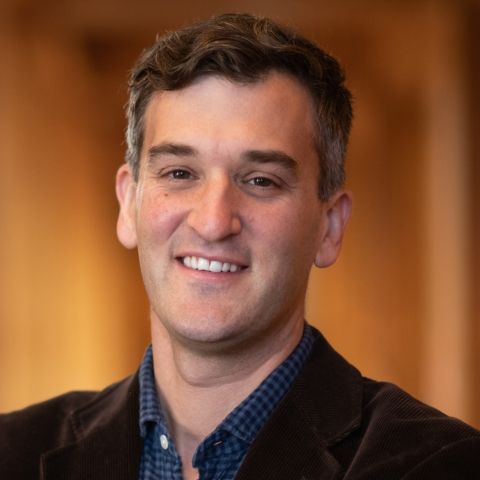
Thomas Frampton
Thomas Frampton studies criminal law and constitutional criminal procedure with a focus on how legal actors, institutions and doctrines have responded, or failed to respond, to the dramatic expansion of the carceral state. He is interested in the intersections of criminal law, racial inequality and social hierarchies. His research draws on his background in American studies and his experiences as a public defender in Louisiana to provide a better understanding of contemporary legal practices and policies within the historical context of racial and economic inequality in the United States.
Before coming to UVA Law, Frampton was a Climenko Fellow at Harvard Law School, where he taught Legal Research & Writing. Prior to that, he worked for several years with the Orleans Public Defenders, where he served as a staff attorney in the Trial and Special Litigation divisions. He clerked for Judge Jack B. Weinstein of the Eastern District of New York and Judge Diane P. Wood of the U.S. Court of Appeals for the Seventh Circuit. Frampton is a graduate of Berkeley Law and Yale University.
Evidence law controls what information will be admissible in court and when, how, and by whom it may be presented. It shapes not only the trial...
Supreme Court opinions involving race and the jury invariably open with the Fourteenth Amendment, the Civil Rights Act of 1875, or landmark cases like...
On January 1, 2022, the most radical change to the American jury in at least thirty-five years occurred in Arizona: peremptory strikes, long a feature...